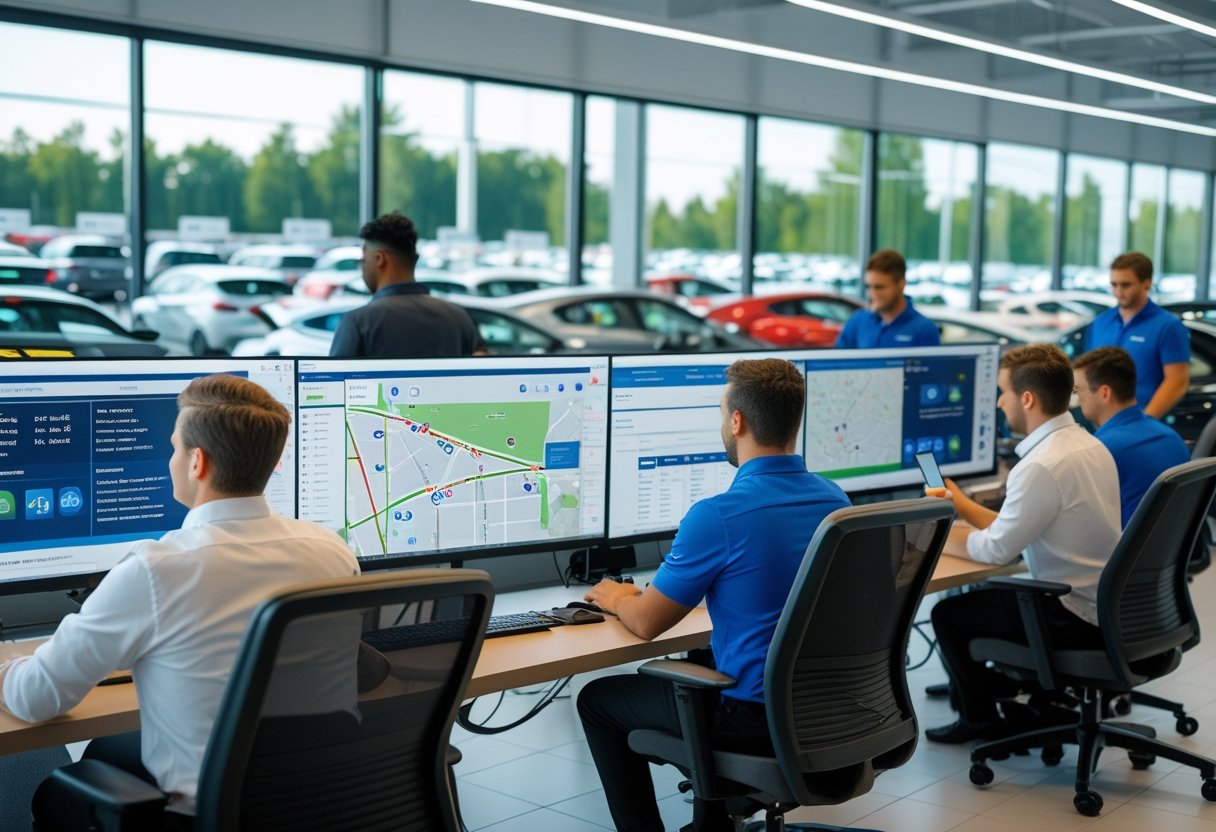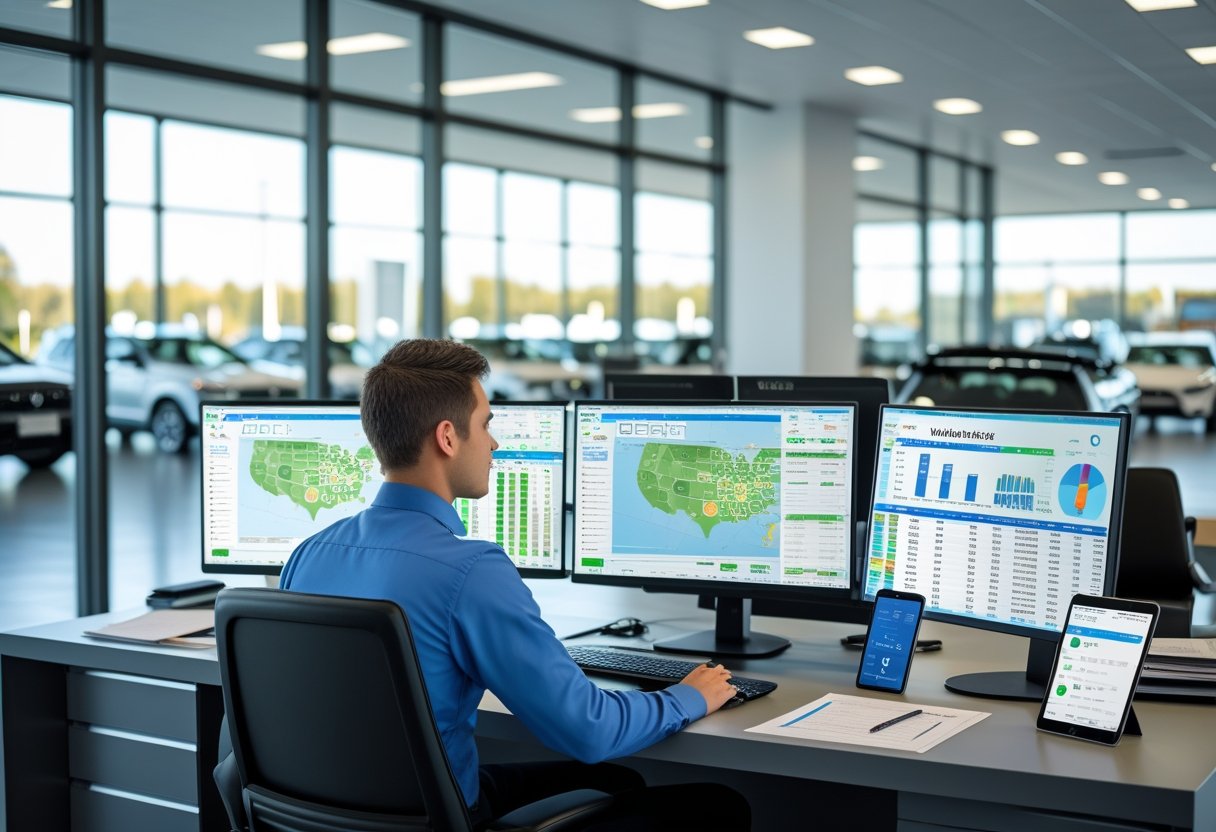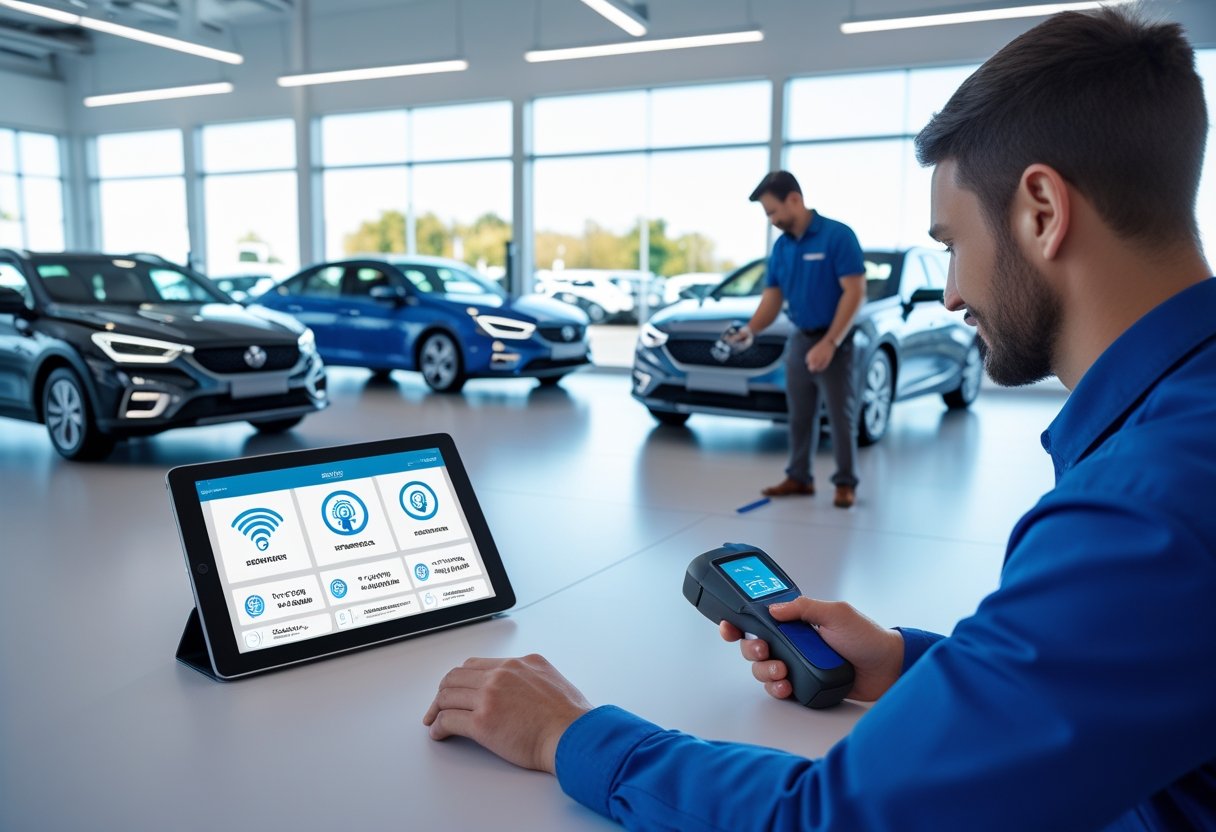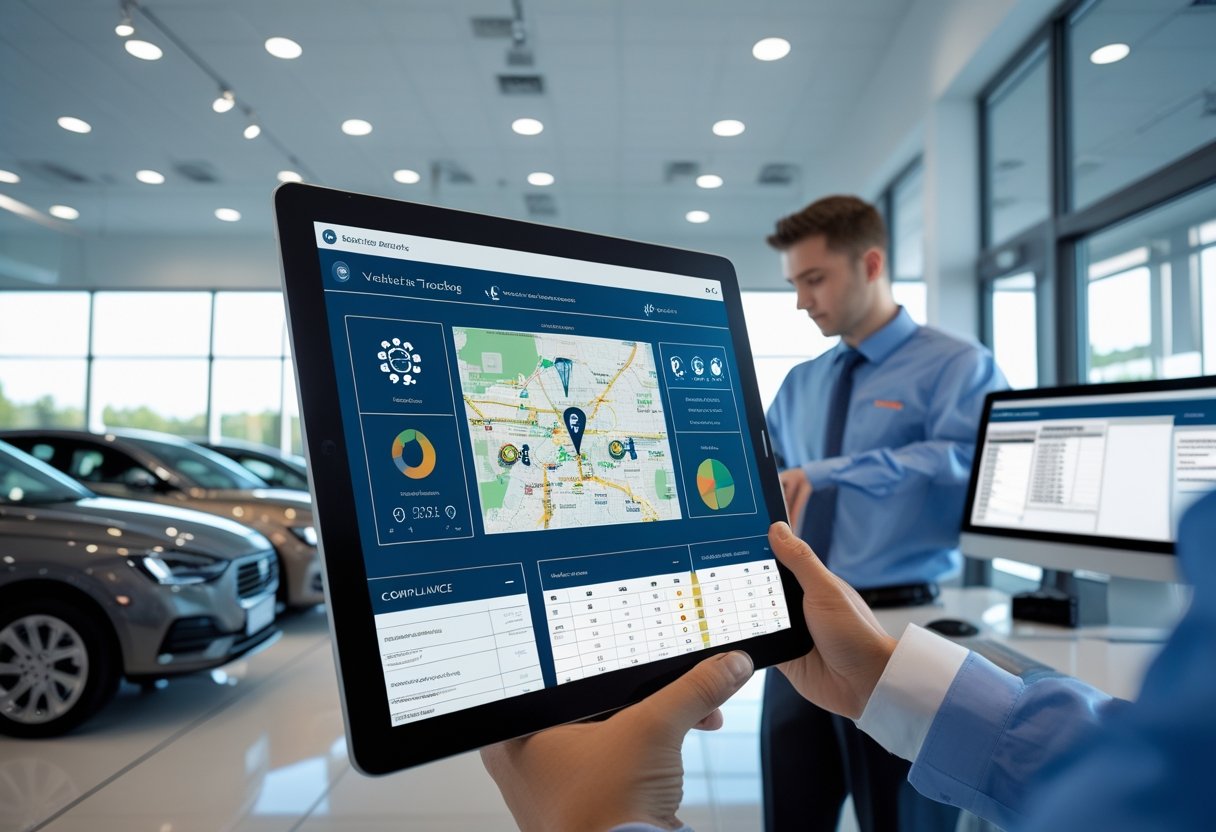How to start saving money
Lorem ipsum dolor sit amet, consectetur adipiscing elit lobortis arcu enim urna adipiscing praesent velit viverra sit semper lorem eu cursus vel hendrerit elementum morbi curabitur etiam nibh justo, lorem aliquet donec sed sit mi dignissim at ante massa mattis.
- Neque sodales ut etiam sit amet nisl purus non tellus orci ac auctor
- Adipiscing elit ut aliquam purus sit amet viverra suspendisse potent
- Mauris commodo quis imperdiet massa tincidunt nunc pulvinar
- Excepteur sint occaecat cupidatat non proident sunt in culpa qui officia
Why it is important to start saving
Vitae congue eu consequat ac felis placerat vestibulum lectus mauris ultrices cursus sit amet dictum sit amet justo donec enim diam porttitor lacus luctus accumsan tortor posuere praesent tristique magna sit amet purus gravida quis blandit turpis.

How much money should I save?
At risus viverra adipiscing at in tellus integer feugiat nisl pretium fusce id velit ut tortor sagittis orci a scelerisque purus semper eget at lectus urna duis convallis. porta nibh venenatis cras sed felis eget neque laoreet suspendisse interdum consectetur libero id faucibus nisl donec pretium vulputate sapien nec sagittis aliquam nunc lobortis mattis aliquam faucibus purus in.
- Neque sodales ut etiam sit amet nisl purus non tellus orci ac auctor
- Adipiscing elit ut aliquam purus sit amet viverra suspendisse potenti
- Mauris commodo quis imperdiet massa tincidunt nunc pulvinar
- Adipiscing elit ut aliquam purus sit amet viverra suspendisse potenti
What percentege of my income should go to savings?
Nisi quis eleifend quam adipiscing vitae aliquet bibendum enim facilisis gravida neque. Velit euismod in pellentesque massa placerat volutpat lacus laoreet non curabitur gravida odio aenean sed adipiscing diam donec adipiscing tristique risus. amet est placerat in egestas erat imperdiet sed euismod nisi.
“Nisi quis eleifend quam adipiscing vitae aliquet bibendum enim facilisis gravida neque velit euismod in pellentesque”
Do you have any comments? Share them with us on social media
Eget lorem dolor sed viverra ipsum nunc aliquet bibendum felis donec et odio pellentesque diam volutpat commodo sed egestas aliquam sem fringilla ut morbi tincidunt augue interdum velit euismod eu tincidunt tortor aliquam nulla facilisi aenean sed adipiscing diam donec adipiscing ut lectus arcu bibendum at varius vel pharetra nibh venenatis cras sed felis eget.
Car dealerships often use GPS tracking devices to monitor their vehicles. These devices are usually installed in discreet locations on the car.
This setup allows the dealership to track location, usage, and sometimes maintenance data. Dealerships track cars primarily by embedding GPS units inside the vehicle to enhance security and manage inventory.

Trackers are common in "Buy Here Pay Here" lots and can also be found in franchise dealerships. Many dealers inform buyers about tracking devices, but some use them quietly to manage fleets and prevent theft.
The technology is integrated with dealership systems for efficient operations. However, it also raises questions about transparency and control over vehicle data.
Why Dealerships Track Cars

Car dealerships use tracking devices to manage inventory, protect vehicles from theft, and secure their financial interests. These devices provide real-time data that helps with operational efficiency and risk reduction.
Inventory Management
Dealerships install tracking devices to monitor the location and movement of vehicles in their lots or during transportation. This helps staff quickly locate specific cars, especially in large inventories.
It also streamlines logistics, such as coordinating test drives or transfers between locations. The data from trackers allows dealerships to analyze how often and how far cars are driven during demos or loaner periods.
This information helps maintain accurate records of vehicle use. In some cases, it prevents unauthorized use by alerting staff if a vehicle leaves a predefined zone.
Vehicle Security and Theft Prevention
Tracking devices deter vehicle theft and aid in recovery if a car is stolen. Dealerships can monitor cars 24/7, especially during off-hours.
Real-time alerts notify staff if a vehicle moves unexpectedly or leaves the premises without authorization. Some devices include immobilizers or "kill switches" that dealerships can activate remotely.
These technologies prevent the vehicle from starting until cleared, adding an extra layer of control over inventory.
Loan and Repossession Purposes
Many dealerships, especially "Buy Here Pay Here" operations, use tracking devices to monitor vehicles sold under financing agreements. These trackers help ensure borrowers comply with payment terms.
If a buyer defaults on payments, the dealership can locate and repossess the vehicle more efficiently. Some tracking systems also prevent the car from starting during repossession efforts, ensuring safer retrieval.
Types of Tracking Technologies Used by Dealerships

Car dealerships use different tracking technologies to manage and secure their vehicle inventories. These technologies provide real-time location data and help prevent theft.
GPS Tracking Devices
GPS tracking devices are the most common technology used by dealerships. These devices receive satellite signals to provide precise, real-time location information.
They help dealerships monitor vehicle movement, prevent theft, and optimize inventory management. Dealership GPS trackers are often compact and installed discreetly on vehicles.
They can be wired or wireless, with wireless models offering easy installation and removal. Long battery life and reliable signal reception are important features.
Many dealerships integrate GPS trackers with inventory management systems. This allows instant access to vehicle locations and status updates.
Starter Interrupter Systems
Starter interrupter systems allow dealerships to remotely disable a vehicle’s engine. These are often used in Buy Here Pay Here (BHPH) programs to manage financed vehicles.
If a customer misses payments, the dealership can prevent the car from starting until the issue is resolved. These systems require installation in the vehicle’s ignition or electrical system.
They connect to a control unit that can be accessed remotely via cellular or radio signals. This helps enforce payment compliance.
Starter interrupters often work alongside GPS trackers to ensure vehicles are both locatable and controllable.
Telematics Solutions
Telematics solutions combine GPS data with vehicle diagnostics and driver behavior monitoring. This technology collects information such as fuel consumption, engine health, speed, and braking patterns.
These systems transmit data through cellular networks to centralized platforms. Dealerships can track multiple metrics in near real-time.
This improves maintenance scheduling and reduces operational costs by identifying issues early. Telematics provides detailed vehicle history and usage reports.
How Dealerships Install and Operate Tracking Devices

Dealerships use GPS tracking devices for inventory management, security, and finance-related reasons. These devices are installed in specific locations, often integrated discreetly with vehicle systems.
Once installed, dealerships access real-time data through dedicated platforms to monitor vehicle status and location.
Device Installation Locations
Dealerships usually place tracking devices in hidden, secure spots within the vehicle. Common locations include under the dashboard, inside wheel wells, behind the front grille, or within the spare tire compartment.
These placements protect the device from damage and conceal it from the driver. For security or repossession purposes, the devices are often compact and wireless, allowing quick installation without major modifications.
Some dealerships inform customers about the presence of trackers, while others might not disclose this, especially when financing is involved.
Integration With Vehicle Systems
Many tracking devices connect directly with the vehicle’s electrical system to receive continuous power. This eliminates the need for frequent battery replacement.
This integration enables tracking devices to access diagnostic data, such as engine status or fuel levels. The devices often follow manufacturer installation guides for compatibility and proper functioning.
Modern trackers may use cellular networks to transmit data, ensuring information is relayed even when vehicles are off the dealership lot.
Monitoring and Data Access
Dealerships access tracking information via secure online platforms or dedicated applications. These systems provide real-time GPS location, movement history, and alerts for unauthorized use or maintenance needs.
Data collected assists with theft prevention, vehicle recovery, and inventory management. In cases of in-house financing or high-risk loans, dealerships can quickly locate vehicles to enforce repossession if payments are missed.
Monitoring is continuous, with alerts configured based on dealership policies or regulatory requirements.
Legal and Regulatory Considerations in Vehicle Tracking

Vehicle tracking by dealerships involves legal and regulatory factors. These include requirements for consumer consent, privacy protections, and varying laws across states.
Specific regulations like the California Consumer Privacy Act also impact how dealerships must handle tracking data.
Consumer Disclosure and Consent
Dealerships are generally required to inform consumers if their vehicles are being tracked. Consent is often legally necessary, especially if tracking continues after the sale.
This typically occurs through agreement in lease or loan contracts. Failure to disclose tracking or obtain consent can lead to legal action.
Some states mandate dealerships to remove or disable tracking devices once a vehicle is sold outright. Transparency about tracking helps ensure legal compliance and maintains trust.
Privacy Laws and Protections
Vehicle tracking is subject to privacy laws that govern personal data use. Federal and state regulations protect consumers against unauthorized surveillance and data misuse.
Dealerships must handle tracking data carefully to avoid violating protections under laws like the Electronic Communications Privacy Act. Access to tracking information should be limited and used only for legitimate business purposes.
Jurisdictional Differences
Regulations vary between states, affecting dealership tracking practices. Some states require explicit consumer consent before tracking, while others have less strict rules.
Dealerships operating in multiple regions must adapt to the most restrictive laws. They often conduct legal audits to stay compliant and manage risks.
California Consumer Privacy Act
The California Consumer Privacy Act (CCPA) imposes strict rules on how dealerships collect and handle consumer data, including vehicle tracking information. Under CCPA, consumers have the right to know what data is collected, request deletion, and opt out of data sales.
Dealerships must provide clear privacy notices and respect consumer requests regarding their data. The CCPA also requires businesses to protect tracking data from unauthorized access or breaches.
Implications for Car Buyers and Owners
Tracking devices installed by dealerships can affect privacy, control over the vehicle, and legal rights, especially after financing or leasing ends. It is important for buyers and owners to understand how tracking impacts these areas.
Impact on Buyer Privacy
Dealership-installed trackers collect location, usage, and sometimes performance data. This information can be accessed by dealerships or third parties, sometimes without the owner’s direct consent.
Buyers may be unaware of trackers, which raises concerns about data privacy and surveillance. While some devices are installed for security or inventory management, the data collected may go beyond those purposes.
Privacy laws vary by state, but consumers should expect transparency from dealerships. Reviewing purchase or lease agreements for GPS or asset protection clauses is essential.
Removing or Transferring Trackers
Buyers should verify if a vehicle has an active tracker before completing a sale. Visual inspections of common locations, such as the OBD-II port or under seats, can help detect aftermarket devices.
Some dealerships install trackers that continue operating after the sale, which can be removed or disabled by the owner. This may require technical knowledge or professional assistance.
For leased vehicles, trackers may be tied to finance agreements, complicating removal. Owners should ask dealerships about tracker policies and ensure any agreements about device removal or maintenance are documented.
Rights After Loan or Lease Ends
Once a loan or lease ends, owners usually gain full control of their vehicle, including any devices installed in it. Some tracking devices may stay active unless they are removed or disabled.
Buyers should ask dealerships to remove trackers at the end of any agreement. If not removed, tracking devices may continue collecting data.
Legal protections and consumer notification rules differ by location. Owners should learn about state tracking laws and get written confirmation that tracking devices have been deactivated after the contract ends.
Risks, Abuse, and Data Security Concerns
Tracking vehicles through dealerships involves handling sensitive data. This creates risks of unauthorized access and misuse.
Potential for Unauthorized Tracking
Dealerships use GPS and telematics to monitor vehicles. Unauthorized tracking can happen if third parties access these systems without consent.
Hackers, unethical employees, or malicious actors may exploit system vulnerabilities to secretly track vehicles. The risk increases when vehicles have connected systems that share location and usage data.
This tracking can violate driver privacy if safeguards are not in place. Strong encryption and access controls are needed to prevent unauthorized tracking.
Dealerships should limit who can view location data and regularly review access logs. Being transparent with customers about data collection and usage helps build trust and ensures compliance with privacy laws.
Data Breaches and Hacking
Car dealerships store large amounts of personal and vehicle data. This makes them targets for cyberattacks.
Data breaches can reveal sensitive information like driver locations, payment details, and vehicle histories. Hackers may use phishing, malware, or insecure networks to access these records.
Once inside, attackers can steal, change, or sell data. This can cause financial loss and damage reputations.
Dealerships must use strong cybersecurity measures. These include encryption, employee training, regular security checks, and following the FTC’s Safeguards Rule. Taking these steps lowers the risk of breaches and helps protect consumer information.
Legal Recourse for Consumers
Consumers whose vehicle tracking data is misused have several protections under privacy laws and consumer protection rules. Laws may require dealerships to get clear consent before tracking and limit how tracking data is shared or sold.
Victims of unauthorized tracking or data breaches can file complaints with federal agencies like the FTC. The FTC enforces privacy regulations and can issue fines or require better data practices.
Consumers should review dealership privacy policies. They can also ask for access to their data or request that it be deleted.
Reporting suspicious activity or unauthorized tracking to authorities is important. This helps hold dealerships responsible and protects personal privacy rights.



